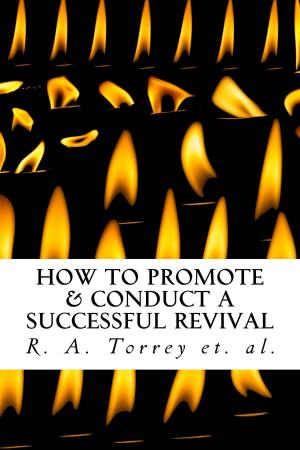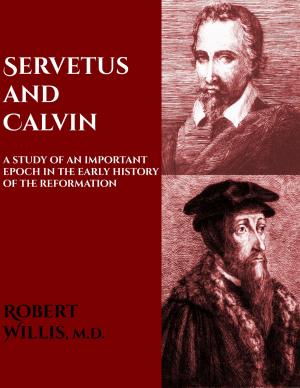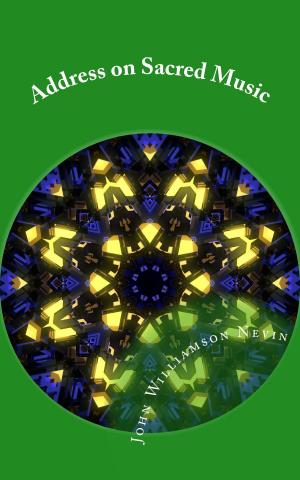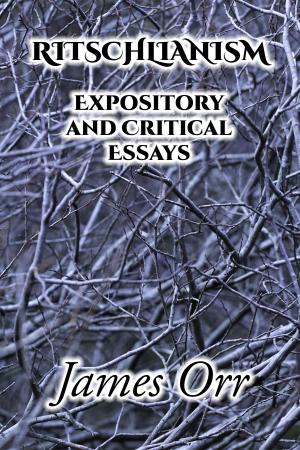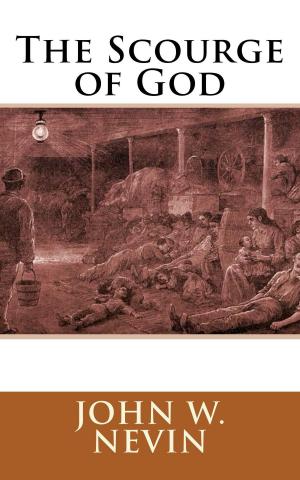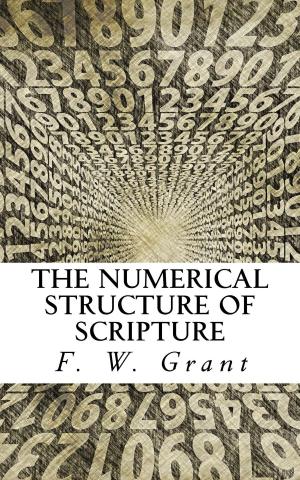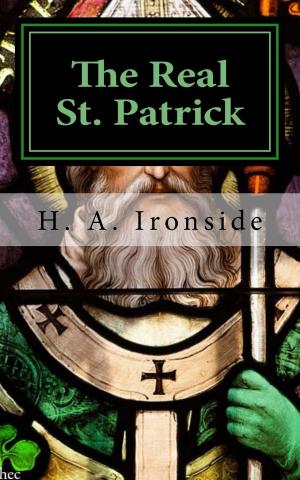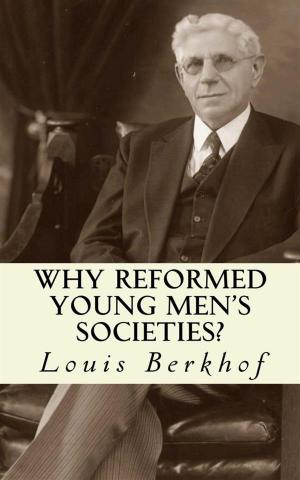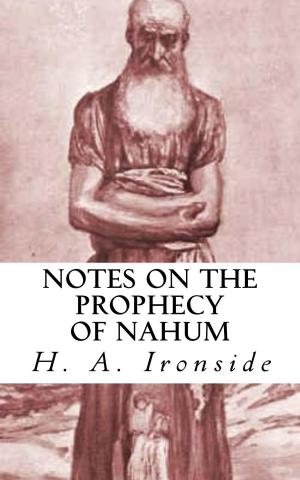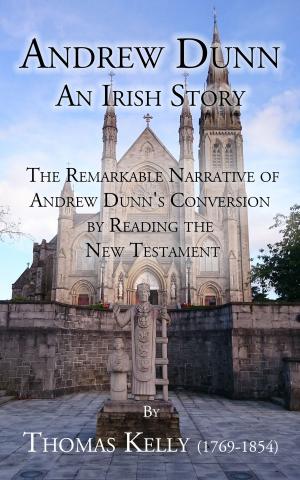Christian Marriage
Nonfiction, Family & Relationships, Relationships, Marriage, Religion & Spirituality, Christianity, Christian Life| Author: | H. Hensley Henson | ISBN: | 1230001930054 |
| Publisher: | CrossReach Publications | Publication: | September 24, 2017 |
| Imprint: | Language: | English |
| Author: | H. Hensley Henson |
| ISBN: | 1230001930054 |
| Publisher: | CrossReach Publications |
| Publication: | September 24, 2017 |
| Imprint: | |
| Language: | English |
No questions are in themselves of greater importance, and none more difficult to answer wisely, than those which are connected with the institution of marriage. On the one hand, they affect the large, complicated and ramifying interests of property, for all rules of succession must be based on the principles which determine legitimacy. On the other hand they affect, and that in the most manifest and vital degree, the morals of the community, for the sexual relationship itself is regulated either for good or for evil by the Marriage Law.
Morality stands in the closest connection with religion, and the Church hardly less than the State is interested in the rules which determine the conditions under which the marriage union is created and cancelled. Social stability is not to be severed from domestic purity, and this depends on the standard of marital fidelity which is maintained among the citizens. Family discipline determines, more largely than any other factor, public morality; nothing can take the place of home influence in the shaping of character, and this influence is plainly dependent on the view which husband and wife take of their union.
It will not be disputed that the importance of the questions raised by the statesman, the social student and the Christian moralist in connection with marriage is equalled by their difficulty. And this difficulty is gravely enhanced by the circumstance that too generally it is not sufficiently recognised. There are fanatics on both sides of the standing conflict between Church and State who apply the simple logic of fanaticism to the problem of marriage, and avoid by ignoring the questions which none the less must ultimately be answered. That marriage is a contract, and therefore from first to last the creature of the law, is the assumption on the one side; that marriage is a sacrament, and therefore determined by a higher authority than that of the State, is the assumption of the other.
Divorce is mere matter of expediency, regulated by statute, to the first. Divorce is divinely prohibited and therefore outside the range of any human authorisation to the last. It is sufficiently obvious that between these positions there can be no harmony. One must prevail over the other.
No questions are in themselves of greater importance, and none more difficult to answer wisely, than those which are connected with the institution of marriage. On the one hand, they affect the large, complicated and ramifying interests of property, for all rules of succession must be based on the principles which determine legitimacy. On the other hand they affect, and that in the most manifest and vital degree, the morals of the community, for the sexual relationship itself is regulated either for good or for evil by the Marriage Law.
Morality stands in the closest connection with religion, and the Church hardly less than the State is interested in the rules which determine the conditions under which the marriage union is created and cancelled. Social stability is not to be severed from domestic purity, and this depends on the standard of marital fidelity which is maintained among the citizens. Family discipline determines, more largely than any other factor, public morality; nothing can take the place of home influence in the shaping of character, and this influence is plainly dependent on the view which husband and wife take of their union.
It will not be disputed that the importance of the questions raised by the statesman, the social student and the Christian moralist in connection with marriage is equalled by their difficulty. And this difficulty is gravely enhanced by the circumstance that too generally it is not sufficiently recognised. There are fanatics on both sides of the standing conflict between Church and State who apply the simple logic of fanaticism to the problem of marriage, and avoid by ignoring the questions which none the less must ultimately be answered. That marriage is a contract, and therefore from first to last the creature of the law, is the assumption on the one side; that marriage is a sacrament, and therefore determined by a higher authority than that of the State, is the assumption of the other.
Divorce is mere matter of expediency, regulated by statute, to the first. Divorce is divinely prohibited and therefore outside the range of any human authorisation to the last. It is sufficiently obvious that between these positions there can be no harmony. One must prevail over the other.


